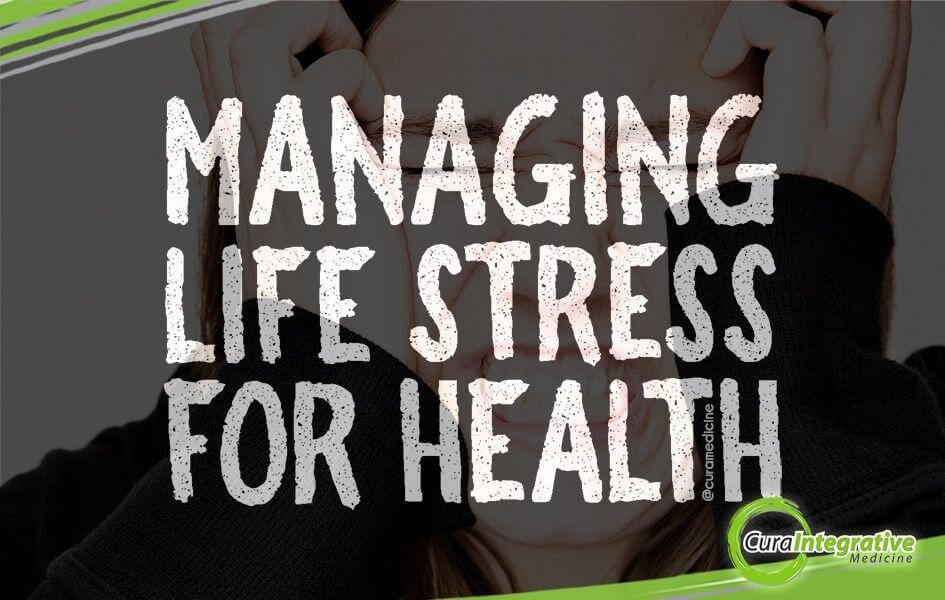Koji is a less known superfood found in a variety of macrobiotic foods. Containing Aspergillus oryzae, koji is used to make foods such as miso, amazaki and tamari. Read More…

Managing Life Stress for Health
Posted 5 Nov '16
Stress is a normal part of modern life nowadays. It’s impossible to avoid getting exposed to many types of stress. From the moment that you are awoken by an alarm, and when you’re driving your car, paying bills, working and meeting deadlines. You become stressed, and they add up. Thankfully, the human body is designed to cope by managing stress. The stress response has helped our ancestors fight off wild animals when they’re attacked. And to this day, our stress response is still on full guard. Sad to say, when the nervous system is always activated, stress symptoms and mood disorders occur.
Some of these symptoms are signs that you may be experiencing stress, acute or ongoing:
Signs of acute stress:
Muscle tension
Rapid heart rate
Perspiration
Energy fluctuations
Being alert
Sleep disruptions
Signs of ongoing stress:
Fatigue
Sleep disruptions
Worrying
Depression
Irritability
Poor concentration
Weight gain or loss
Your overworked stress response system needs more nutrients than usual when you’re under a lot of stress. Your body needs vitamins and
minerals to produce the hormones and neurotransmitters required to adapt to the pressure and bring the body back into stability.
B group vitamins: Play an important role in keeping our bodies running like well-oiled machines. These essential nutrients
help convert our food into fuel, allowing us to stay energized throughout the day. While many of the following vitamins work in tandem, each
has its own specific benefits – from promoting healthy skin and hair to preventing memory loss or migraines.
Magnesium: Magnesium supports our adrenals, which can be overworked by stress. A magnesium deficiency is significant
because of the many vital enzyme systems that require magnesium, some being responsible for energy production and storage. A strain on the
adrenal glands puts a strain on the magnesium-dependent energy system of the body. A low magnesium level during stress can cause energy
depletion that leads to listlessness and fatigue, weakening your ability to manage stress.
Taurine and glutamine: The most abundant intracellular free amino acids in mammalian hearts where changes in their
intracellular concentrations are likely to influence a number of cellular activities.
A healthy and balanced diet is key. Do you tend to binge eat when under stress? Or do you find yourself out of appetite always?
Avoid sugars and refined carbohydrates. They may provide a quick energy fix, but they don’t exactly fuel the body with the nutrients that it needs to cope with stress. And this leads to weight gain.
Load up on protein. Include fish, lean meat, eggs, nuts, and legumes in your meals. They contain amino acids that that keeps your brain alert and alive, while keeping those hunger pangs at bay.
Essential fats, or Omega-3 fatty acids supports a healthy stress reaction and healthy mood.
Call Cura Medicine for help in managing stress, while keeping your mind and body tougher against stress.





